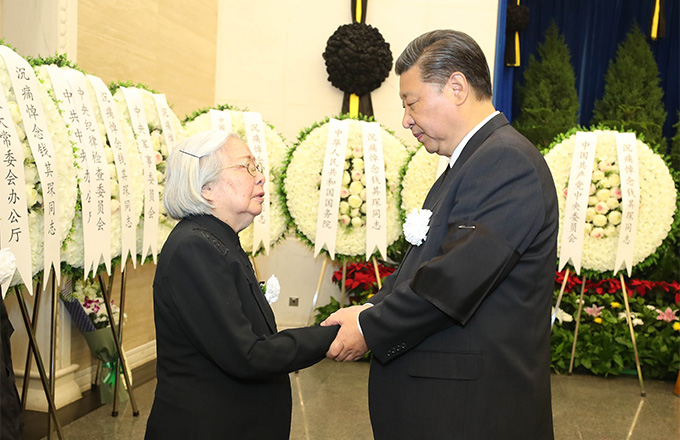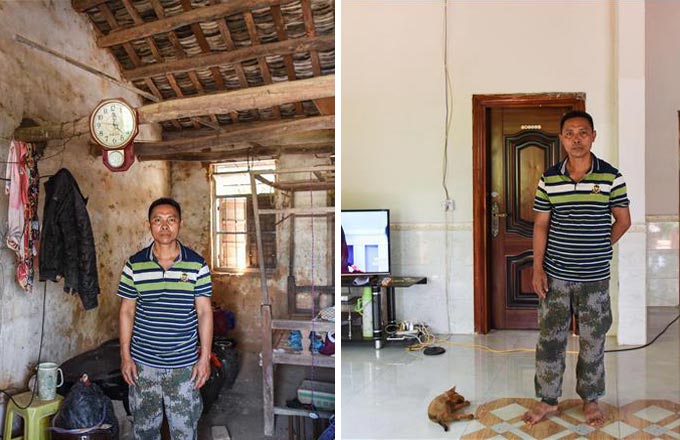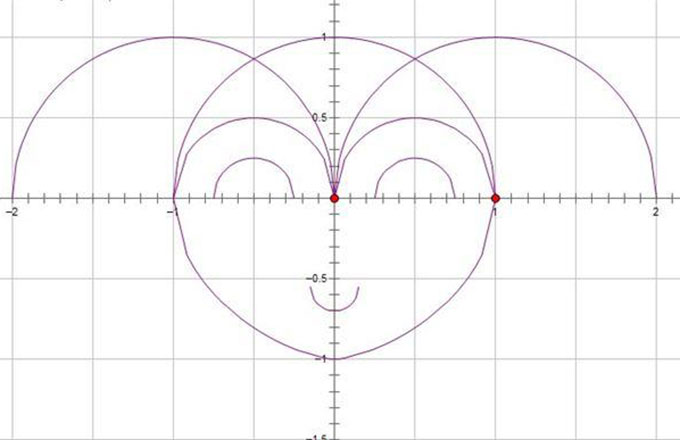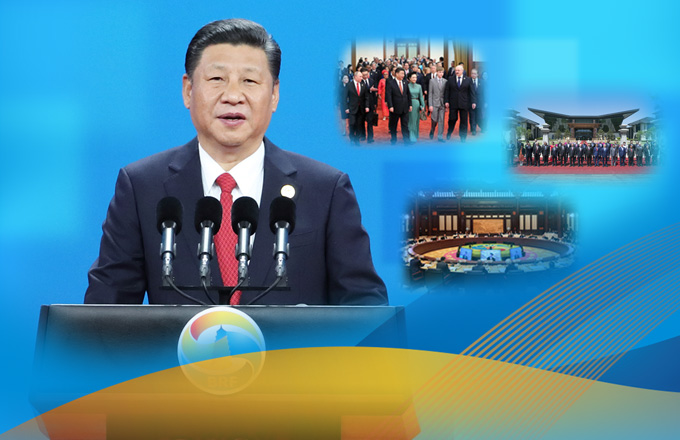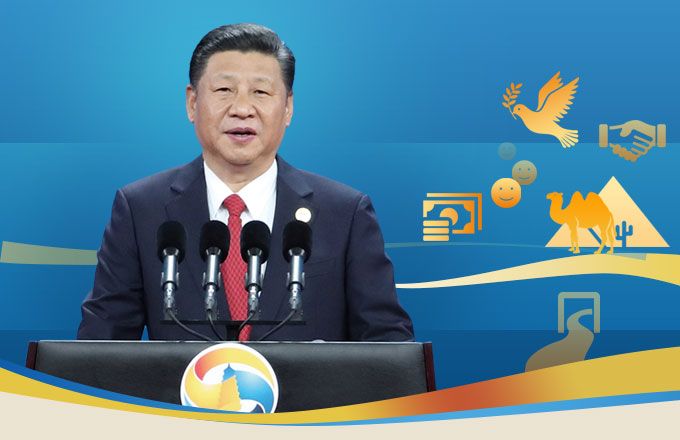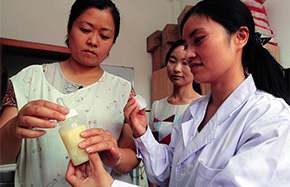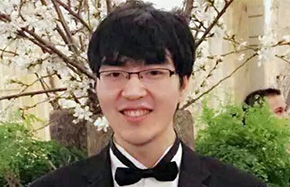Micro schools aim to make a major impact
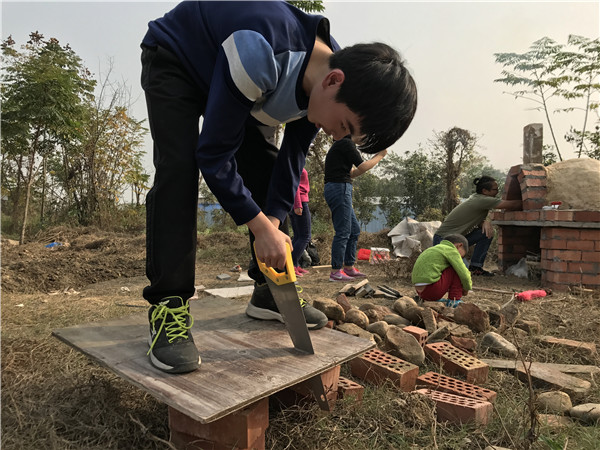 |
|
Children build a stove of mud and bricks for a school project.[Photo by Chi Xiao For China Daily] |
Each semester is divided into 20 weeks, with two or three weeks of project-based learning and themed study tours.
Subjects such as English, drama, geography, economics and crafts are compulsory, while other topics are elective and based on the students' interests. The classes take full advantage of online resources, such as courses run by the Khan Academy, a nonprofit organization founded about 10 years ago by educator Salman Khan.
One project required the students to build a stove from mud and bricks in seven days, and then cook food in it.
The children sketched plans and worked together to build the stove. When it was finished, they baked pizzas and cooked chicken wings.
"The students tapped their potential and proved they can become anything, from architects to cooks to pizzeria owners," Chi said.
Since joining Curionesty, Zhang has been happier and now feels education is more purposeful: "I got my hands dirty during the stove project, but I liked it. I can't imagine doing such exciting things at my old public school."
She is one of a fast-growing number of children whose parents are turning their backs on the State-run education system, which critics claim focuses on learning by rote and limits critical thinking.
Ding Ying, Zhang's mother, moved her family from Anhui province to Chengdu more than a decade ago just so her daughter could attend a Waldorf kindergarten.
"She was so overwhelmed by tests and often complained that school was a bore and torture," said Ding, in response to critics who don't understand why a top student would leave a public school.
"At Curionesty, she is writing a detective story. Last month, she composed a song."
According to a report released this year by iResearch, a consultancy in Beijing, more than 95 percent of middle-class parents want their children to receive personalized education.
Curionesty and other micro schools illustrate the growing interest in alternative options.
While many well-educated, affluent parents who remove their children from State education are themselves beneficiaries of that system, they also see its drawbacks clearly.
"The gaokao (China's national entrance exam) is not the only way for children to study. If opting for a public school simply means long preparation for a final test and individuality is suffocated, why should we bother?" Ding said.
Unlike High Tech High, a project-based school in San Diego that allows students to take the SAT and attend college, Curionesty has no academic accreditation from the government. That means its students cannot sit the gaokao.
While Chi regards his education model as a work in progress and full of uncertainty, that has not discouraged parents, who appreciate his open-mindedness and vision.
"Uncertainty is the charm of education. Our definition of success is to nurture young minds, to make them eager to learn and create value for society with their skills and independent thinking," he said.
Before a student enrolls at Curionesty, Chi's team has a detailed discussion with their parents. The school offers three pathways for students: apply to universities overseas; start a business; or get a job.
"If they feel like entering the State system midway through their education, we will respect that," Chi said.
- Preserving a Chinese icon: Great Wall needs rescue
- Chinese museums receive 900m visitors each year
- Chinese man sentenced over selling wildlife online
- Former senior Jiangsu official sentenced to four years for bribery, illegal foreign exchange purchase
- Police crack down on illegal online animal trade






